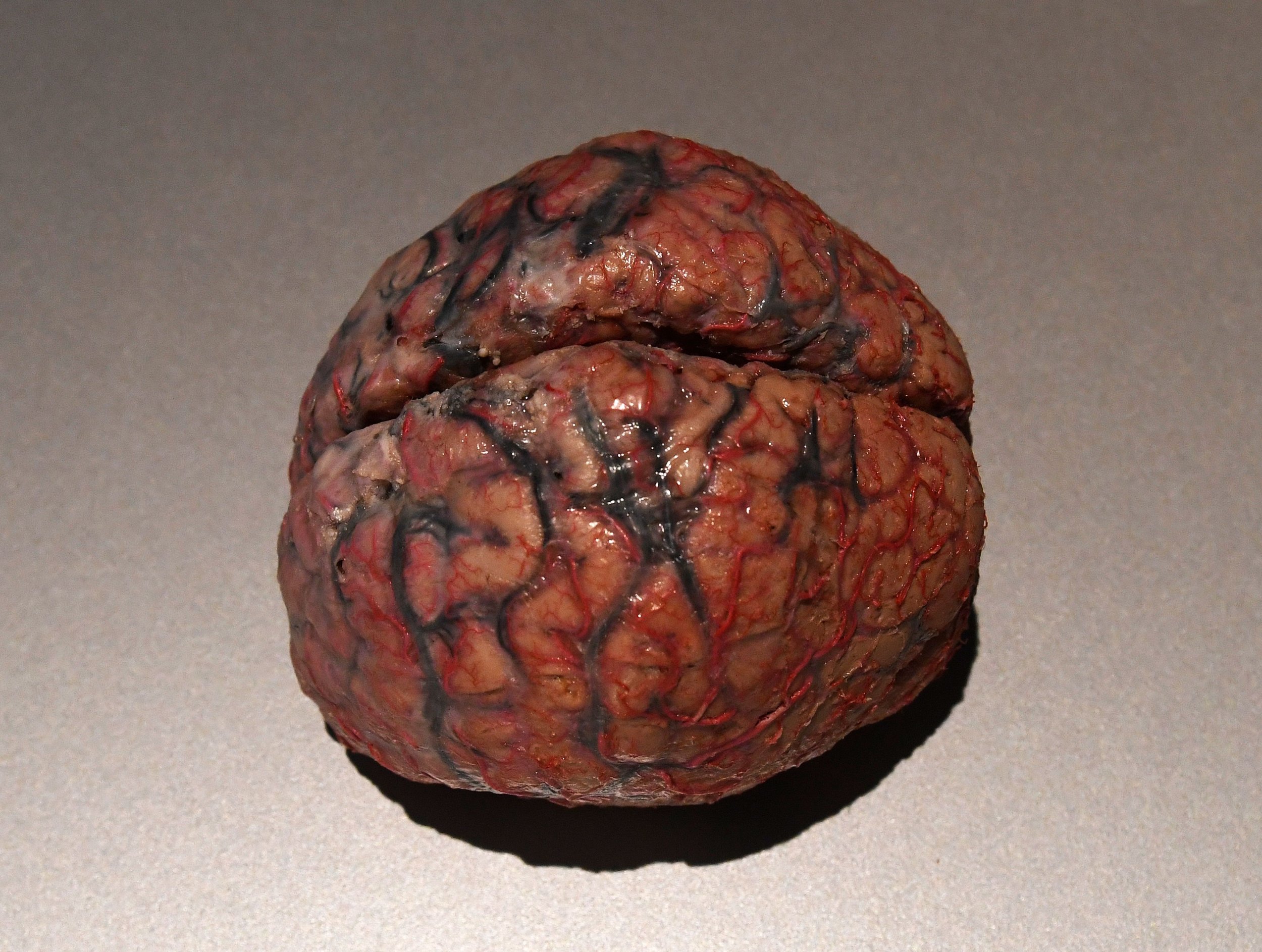
Alzheimer's disease may spread though the brain like an infection, a new study has found. Most scientists agree that tau proteins are one of the main causes of Alzheimer's, and for the first time, researchers observed the protein in real-time as it spread throughout neurons in the brain. The finding may fundamentally change how we think about Alzheimer's disease, and in turn, affect how we treat the disorder as well.
The findings published online in the journal Brain appear to support the theory of transneuronal spread, IFL Science reported. Tau proteins normally aid in brain function, but can become defective or collapse and then form tangles, which may lead to the onset of Alzheimer's. The transneuronal spread theory suggests that the proteins spread just like an infection and areas with the largest build-up of proteins will then pass these on to the surrounding connections. While this idea has been shown in mice, this is the first time researchers have seen it happening in human brains.
Related: Brains Age Suddenly At Around 40, But This Gene May Stop It And Even Prevent Alzheimer's Along The Way
Related: New Approach May Allow Doctors To Attack Alzheimer's Protein
"This is an important step on the journey towards effective treatments for Alzheimer's disease," lead author, Dr. Thomas Cope from the Department of Clinical Neurosciences at the University of Cambridge, told Newsweek. "It implies that treatments to prevent the spread of abnormal tau between neurons might be effective in humans."
Most of what we know about Alzheimer's is derived from looking at the brains of dead patients, but in this new study, the research took a novel approach by peering into the brains of still-living patients using a technique called positron emission tomography. This involves injecting the patients with a radioactive substance that specifically binds to tau proteins and then using a scanner to see these proteins' movements. The researchers monitored the brains of 17 Alzheimer's patients and results gave them a rudimentary idea of how tau proteins moved and behaved.
Understanding how Alzheimer's develops is critical to treating it. If doctors know how the disease spreads throughout the brain then they may be able to develop ways to slow down this spread or even stop it completely.
For now, more research is needed before this finding can have clinical applications and potentially help treat an illness that affects 5.5 million Americans and counting.
"The ultimate goal of us all is to prevent this devastating illness from causing the widespread brain damage that leads to dementia and loss of independence," added Cope.
Uncommon Knowledge
Newsweek is committed to challenging conventional wisdom and finding connections in the search for common ground.
Newsweek is committed to challenging conventional wisdom and finding connections in the search for common ground.
About the writer
To read how Newsweek uses AI as a newsroom tool, Click here.








